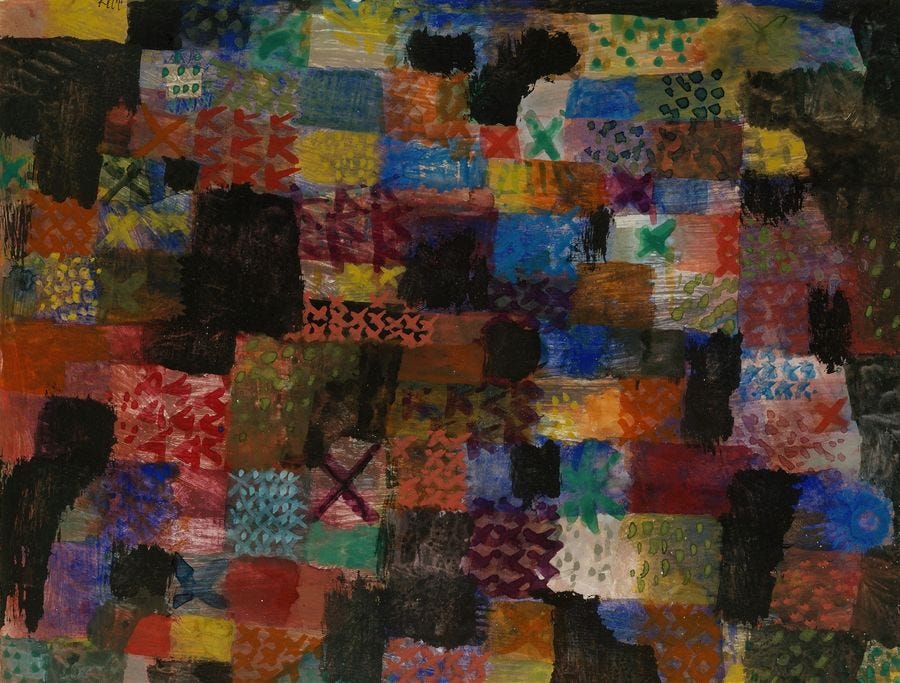Should We Have a Deep State?
America now has a deep state, but not in the way Steve Bannon thinks.
If you had informed me ten years ago that you had access to the future and that the term “deep state” would become ubiquitous in American political discourse, I would have called you crazy. And I probably would have been right.
For better or worse—but mostly worse—the “deep state” was born in the Middle East, primarily in Turkey and Egypt. It was rarely …




